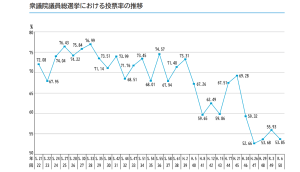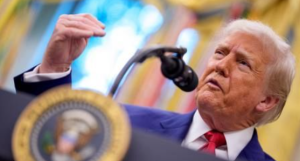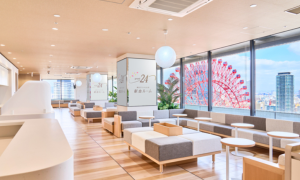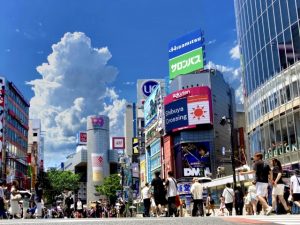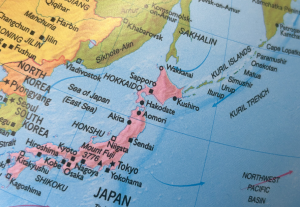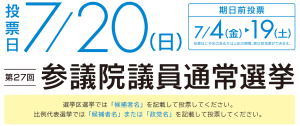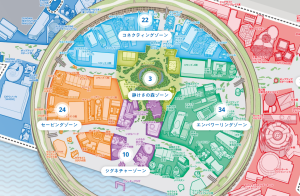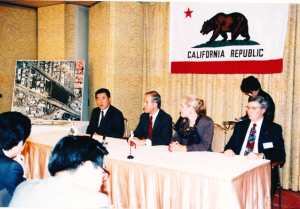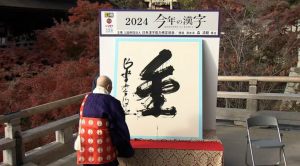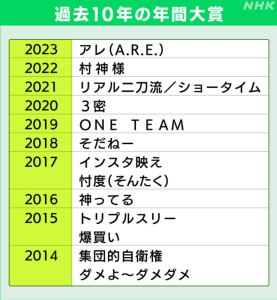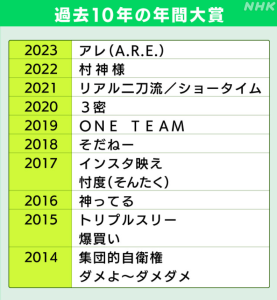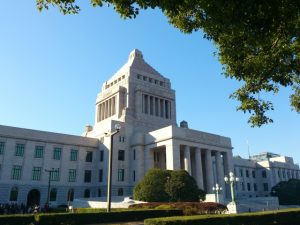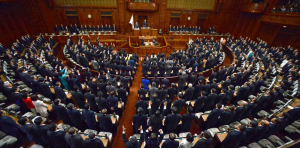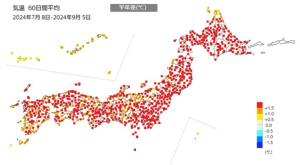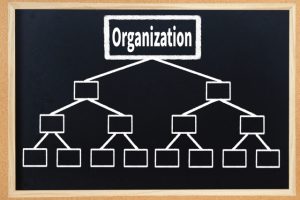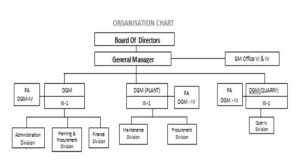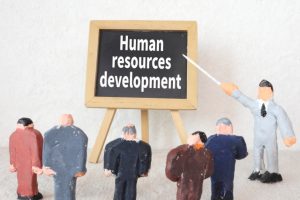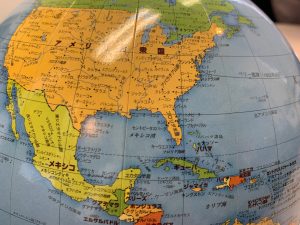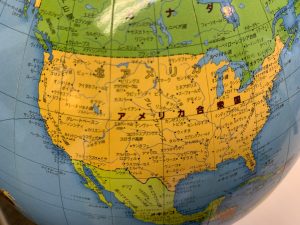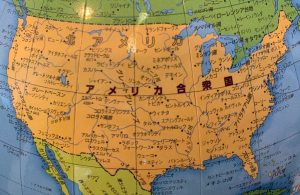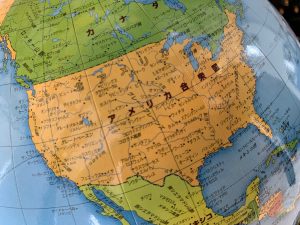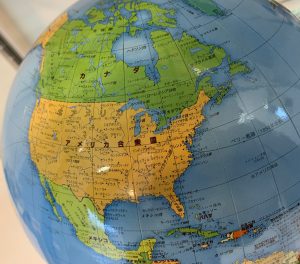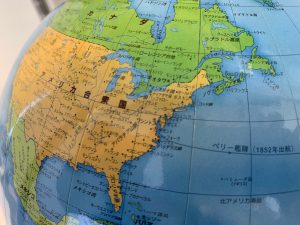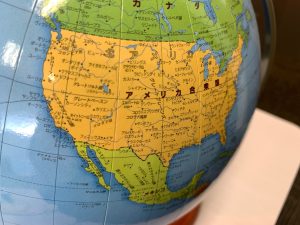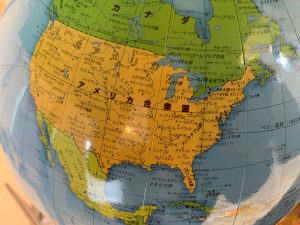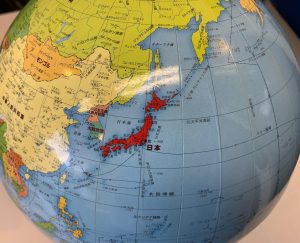Re: A news item and subject which I just want to check out (97) June 30, 2023
The admission fee of Expo 2025, known as the Osaka-Kansai Japan Expo, where the target number of visitors is 28.2 million, held in Yumeshima, Osaka for 6 months starting from April 2025, two years later was settled for 7,500 yen per adult, after various discussions. Compared with admission fees of past major expos and theme parks, the admission fee of 1970 Expo in Osaka was 800 yen (the number of visitors is 64.21 million), 4,600 yen at 2005 Expo in Aichi (ditto 22.05 million) and about 3,000yen at 2022 Expo in Dubai (ditto 24.1 million). Some locals say it is “expensive”, but it reflects the rise of price levels due to the changes of the times and the increase of the cost of security due to recent social conditions.
Incidentally, the Tokyo Disneyland announced it will raise the admission fee during peak season by 1,500 yen to 10,900 yen from October this year and Universal Studios Japan in Osaka also announced it will raise the adult price for a one-day ticket in mid-August by 600 yen from the highest price so far to 10,400 yen.
In my opinion, if I am not satisfied with the contents of a 500yen lunch box, I might think it is expensive, and I am satisfied as long as the content is good even if it is a 10,000yen dish. It is all about whether the customer satisfaction, CS, is high with the respect to the price. If it is high, repeated customers can be expected.
The fraud and scandal of blue-chip companies have been prominent lately. This is extremely unfortunate and alarming. For instance, the bid-rigging problem of Olympics-related, insurance industry and electricity industry, the sale of structured bonds by banks and securities companies, corona related overcharging commission business, unauthorized certification of automobile industry, and so on. Among them, it is surprising that bid-rigging never ends and I feel that awareness of bid-rigging is still low, even though the leniency system was also introduced in Japan, and the system of administrative fines was strengthened, including the application of criminal penalties. By the way, in the United States, extremely severe penalties for bid-rigging have been applied for a long time compared to Japan, because antitrust law is a crime that inhibits the dynamism of capital in a liberal economy. A news like “a total of scores of managers was imprisoned last year” had been already made public, during my tenure in the United States about 40 years ago.
■■There have been a lot of events this week.
■India’s Prime Minister Modi visited the United States:
India’s Prime Minister Modi was invited as a state guest from the United States on June 22. It is said that India agreed to a defense pact with the United States, and obtained cooperation for the promotion of industry in India, and secured support for permanent membership in the United Nations Security Council. President Biden told at the press conference that “US-India partnership is the most important in the world”. Anyway, I am surprised by Indian’s inherent toughness rather than omnidirectional diplomacy in India or the personality of Prime Minister Modi. It is believed that India feels suspicious about the West, while having a strategic partnership with the United States, and it is unlikely to form a formal alliance with the United States. On the other hand, India is also a member of Shanghai Cooperation Organization, SCO, led by China and Russia, and a member of BRICS which means Brazil, Russia, India and China. India will not take a clear stance with the priority of the national interests in the future and the West will need to be prepared to be swayed. Another feature of India is that India is an illiberal democracy. The present administration is Hindu supremacy, and is increasing persecution of Muslims about 200 million in India.
By the way, soft power in India is moving the world, because India is the only country that discovered “zero”. It is said that “overseas Indians” are about 25 million in 130 countries in the world now. And it is said that about four million of them live in the United States, and all the managers of Alphabet which is the parent company of Google, IBM, and Microsoft are of Indian descent, and three of top 5 business schools in the United States are dominated by Indian descent.
I have done business with many countries including India so far, but I think that overseas Indian’s severity and tenacity surpasses overseas Chinese one and overseas Vietnamese one. I think that countries and nationals bordering many countries like India and China are different from Japan surrounded by ocean on every side, and have an environment in which they are born with “toughness”, and this is also reflected in diplomatic and business aspects.
The economy of India is the fifth in the world, but it is expected that India will pass Japan and Germany by 2028. According to IMF, GDP per capita in India will stay 2,600 dollars in 2023. Incidentally, GDP per capita in Japan is 35,400 dollars, and ditto in China is 13,700 dollars.
And it is expected that GDP per capita in India will be over 3,000 dollars in 2025. By the way, the population of India is 12 times the population of Japan. And due to recent China’s geopolitical risks, not only American companies but also companies in Europe and in Japan are increasing the investment to India. In order to do business in India, careful field survey and timing, and finding a good local partner are essential, like other countries. You must be deliberate in selecting a partner, because once a contract is signed, it becomes a vested interest. And it is also true that many companies quietly pull up amid reports of spectacular expansion.
■March fiscal year-end companies that reach the peak of shareholders’ meetings:
It is said that shareholders’ meetings of about 2,300 March fiscal year-end listed companies are held in June, and 26 % of them, 595 companies, concentrates on June 29 reaching the peak. The decentralization of the date of shareholders’ meetings has been progressing since 1995 when concentration level reached an all-time high of 96 %, and it seems that this is just under 2022 and the lowest concentration rate ever continuing from the previous year.
According to Mitsubishi UFJ Trust and Banking, the number of shareholder proposals as of June 14 was 90 companies and 344 agendas and over 77 companies and 292 agendas, record high in 2022. Looking at the main proposals by theme, climate change related continues to be high level. And interest is higher in shareholder returns more than usual, and activists and individual shareholders are actively requiring increased dividend and stock repurchase, because Tokyo Stock Exchange requested improvements of low PBR and capital efficiency to companies.
In the past, the topics at shareholder’ meetings were countermeasures against professional troublemakers. However, the United Kingdom drew up “Stewardship Code” in 2010, and referring to this, Financial Services Agency in Japan drew up “responsible institutional investor role” in February 2014. This is self-regulation without legal bindings, but it is being accepted as an “open shareholders’ meeting”. It seems that the role of the general affairs at the shareholder meeting was “how to end the shareholder meeting smoothly” and when “the meeting finished without questions”, they “were well done”, but it is becoming “natural to have questions” now. Active comments and proposals from shareholders bring tension to the company side, and the positive aspects of corporate reform is being reconsidered.


